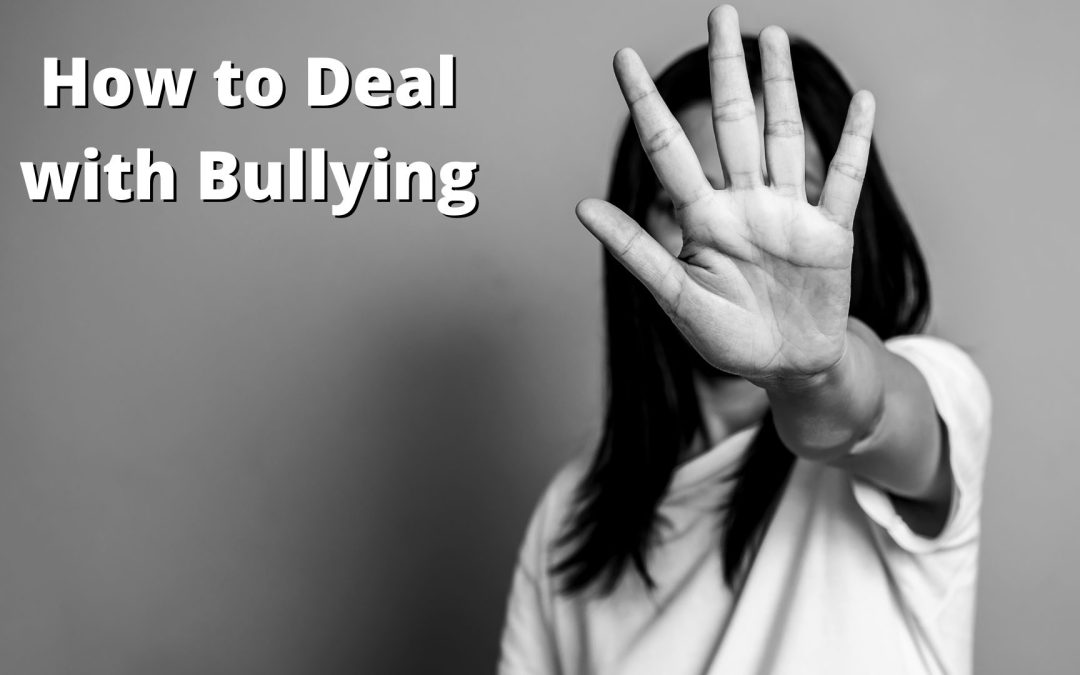One out of every five students (20.2%) report being bullied. This statistic should be at zero, but every adult knows what it’s like growing up, and how easily one can ridicule another. The reasons behind bullying can vary greatly, and figuring out how your child may be suffering will help you put a stop to it.
Why Kids Bully
Most often than not, the kids who are bullying are the ones who are struggling the most, whether that’s at home or in school. They feel vulnerable themselves, and thus pick out others to replace that vulnerability. Bullies may have a hard time making friends, and use insults instead to block away true connections. They may even be jealous of others, whether it’s related to what others have and they don’t, or jealous of other children’s academic or extracurricular abilities. The psychology behind a bully’s actions can be wide and vast, but even having a general idea of why can help you understand the dynamic between them and your child.
Helping Your Child
At the end of the day, your main responsibility is your own child’s feelings in relation to being bullied. If they know why they’re being targeted, it can make the situation easier to deal with by speaking to the school’s administrators. Speaking with your child and getting to the root of why they feel bad and how they can best help themselves in these situations can help them in the future. You’ll want to address their emotions and what’s happening in the now, but also helping them understand how they can protect themselves and their emotions will help as well. And remember that bullying can be in many forms, including in person or cyberbullying, where your child could be getting harassed through their cell phone or computer.
Staying Alert
Only about half of every child who gets bullied reports it to either an adult or their parent, so it’s important to also watch for any signs of bullying that your child may be withholding. Signs can vary on whether the bullying is physical or emotional. If your child is experiencing physical bullying, then they may shrink away from touch or flinch, may have bruises or cuts, or their clothes are torn or missing. Your child may also lose interest in their school work and their grades may start to decline. Their mental stability may fluctuate too, with them becoming more moody, sad, anxious, or depressed.
Knowing the signs and what to look for can help you discover any hidden bullying before it becomes too severe. Being able to talk to your child and reassure them will help build their resiliency and help them understand it isn’t their fault.
Katie Kyzivat

